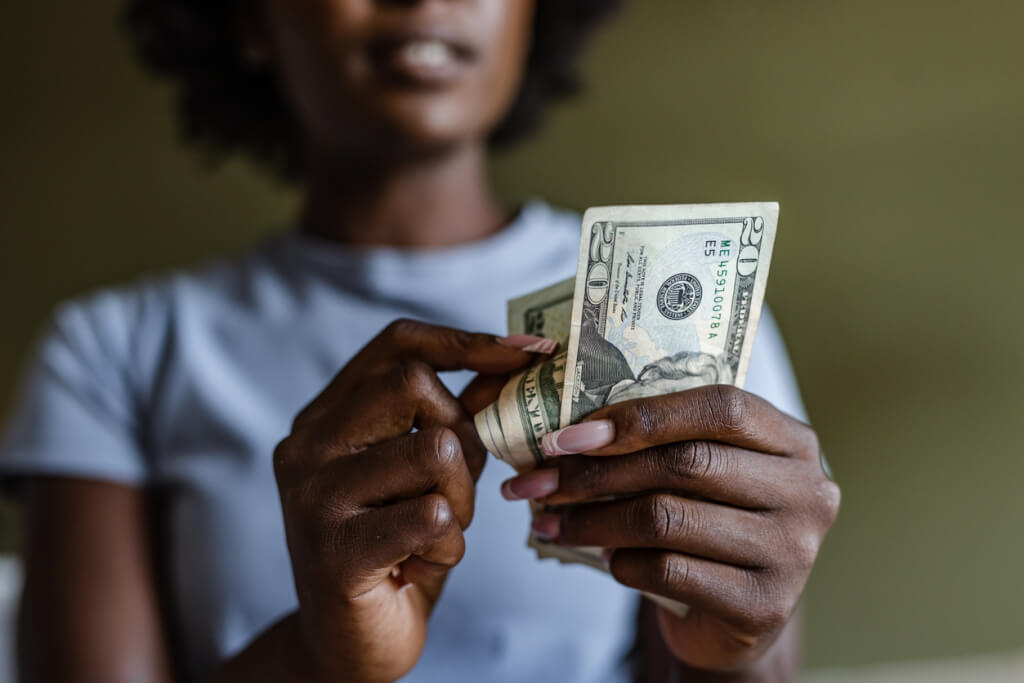The flip side of rent deferment: why New York's property market is at risk
'25.05.2020'
Vita Popova
This is an impending disaster, not only for the city, but for the entire state, landlords warn. Many of them do not know where to get the money to pay the annual property tax. They say that without the intervention of the federal government can not do here. The newspaper writes about this. The New York Times.

What is happening in the real estate market
In one of New York's boroughs, Brooklyn, the nightclub is closed for two months. In Manhattan, travel agency owners say they’re unlikely to ever open again. Both have not paid rent since the start of quarantine in connection with the coronavirus.
As a result, their landlord, Jane Lok, received only about 50% of the monthly rent from six commercial tenants in April and May. This is much less than normal time, she says.
Locke already owes $ 20 in insurance premiums this month and is due to pay a much larger annual property tax bill in July. The woman says she has lost sleep because she does not know what she will pay. “I just check my numbers and see when I run out of money,” Locke said. "We've already started spending our savings."
Across New York, commercial tenants are very late in payment since the outbreak of the coronavirus almost completely stopped life in New York for two months.
Housing rental payments also declined as tenants who lost their jobs stopped paying.
But delays in payments for commercial real estate are becoming ever longer, depriving homeowners of their largest source of income. The smaller owners are particularly affected by this, which jeopardizes their business. They complain that a sharp drop in rental income threatens their ability to pay bills and taxes. This is an impending disaster for the entire city, they warn.
Property owners only have five days left to figure out where to find the funds and pay the next bill on real estate tax. After that, the city will be cut off from the flow of funds that helps pay for services such as garbage collection, fire protection and many others. This can lead to a bleak landscape of empty storefronts and unlit streets.
What business representatives say
Representatives of a program to improve communal homes, representing about 4000 homeowners of apartment buildings with stable rents, said this week that among its members, who also have commercial tenants, two-thirds of these tenants did not pay in April and May.
Nearly 25% of the program's tenants did not pay their rent in May, up from 20% in April, the group said. Before the pandemic, this figure was about 15% per month. “If the federal government does not take large steps to assist tenants and homeowners, we will witness a housing disaster like we have never seen it before,” said Jay Martin, Group CEO.
Over the past month, some of New York’s largest commercial landlords have reported a sharp decrease in rents from their tenants.
Vornado Realty Trust, one of the city’s largest commercial landlords, said that almost all of its retail customers, with the exception of grocery stores and other vital businesses, applied for financial assistance, such as deferring rental payments.
About 80% of its retail tenants did not pay rent in early April and May, said its CEO Steven Roth. By the end of April, Vornado had collected only 53% of the retail rent. 90% of office tenants were able to pay by the end of April, he said.
The company warned investors this month that lower rents, along with uncertainties about when the economy will start again, could lead to untold consequences for Vornado. Some tenants may decide to vacate their premises, which may lead to a decrease in their cost, the company said.
On the subject: Cuomo extended moratorium on eviction of tenant debtors in New York
Empire State Realty Trust, another large company with eight properties in Manhattan, had almost the same numbers. It was reported here that more than a quarter of office tenants and 50% of retail tenants did not pay for April.
Anthony E. Malkin, CEO of the company, said he was discussing with his tenants other ways to pay for the rent. For example, an option is being considered to defer payment until the end of the lease term or use guarantee deposits.
However, Malkin said he was amazed at the number of office and retail tenants who are fine with their finances and who simply did not pay. He refused to name these companies. “They think of it as a momentous day,” Malkin said. "I'm shocked, frankly."
Locke, who owns two houses and manages another building with two apartments, asked her bank to refinance her mortgages in order to lower interest rates and monthly payments. But the bank refused her, citing the ongoing economic turmoil and the risk of non-payment by tenants during the moratorium on evictions, which was extended until the second half of August. “Our bank is now very cautious about lending to commercial real estate,” said a bank representative by e-mail. "The landlords have been completely deprived of their ability to enforce the legal terms of their lease."
Two of her tenants, a nightclub and travel agency, which together pay about 45% of what she usually collects monthly, did not pay in April. The situation in May looks even worse, she said.
Disturbing signs
There are alarming signs in the New York real estate market. In April, New York and the state raised a total of $ 78,5 million in tax revenue from the sale of commercial and residential real estate; for comparison: in March this amount was $ 217,5 million. This is stated in the report of the New York Real Estate Council (REBNY).
Real estate brokers are now forbidden to show homes in person to potential buyers, and only 1660 residential properties were sold in April, which is about half of what was sold in April this and April 2019.
Taxes collected on the sale of real estate contribute greatly to both the city treasury and the state treasury. They help pay for everyday services such as police work and road repairs. The sharp decline illustrates the turmoil in the real estate industry, which is a significant driver of the region’s economy, and the deepening financial crisis for the city and state.
While rental fees have fallen, homeowners in recent weeks have been trying to find money to pay the annual property tax due in July. Some claim that they will not be able to make these payments.
“The real estate sector is the economic engine of the city,” said James Whelan, president of REBNY. "The pandemic has caused this engine to slow down and we should expect such worrisome trends to continue in May and June at best."







